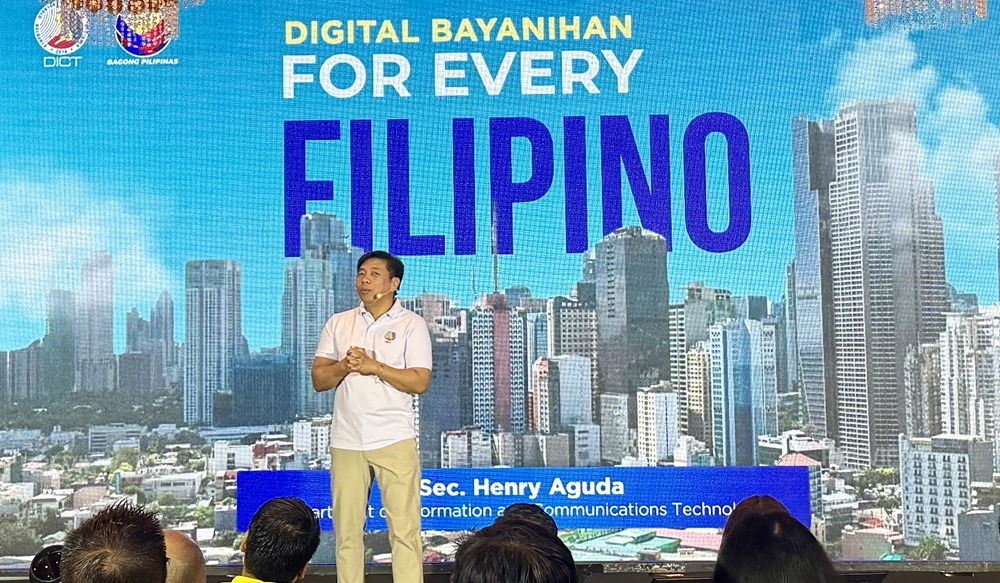BORACAY ISLAND – The government will begin using blockchain technology and artificial intelligence (AI) to enhance transparency and reduce corruption in public spending, Department of Information and Communications Technology (DICT) Secretary Henry Aguda said, calling the move a “historic step toward a clean, technology-enabled government.”
Speaking at 8y The CXO Technology Summit in Shangri-La Boracay, Agoda, said DICT has secured a grant from blockchain firm Polygon to pilot a system that will put the 2026 national budget on the blockchain — making transactions traceable, immutable and publicly accessible.
“Corruption is a very big problem right now, and blockchain technology is being floated as a potential technological solution to our behavioral problems,” Aguda said. “If we could put the budget on the blockchain, every adjustment and every movement would be visible. You couldn’t erase it.”
Ajoda said the pilot project is being implemented at no cost to the government, thanks to a grant from Polygon estimated at between $5 million and $10 million.
He explained that the initiative will begin by placing 2025 budget data on a pilot blockchain for demonstration purposes before the Senate before expanding its scope to the full 2026 budget cycle.
Under the plan, multiple agencies – including the Department of Budget and Management (DBM) and the Department of Public Works and Highways (DPWH) – will maintain their own blockchain systems, which will later be linked through a unified platform.
“The beauty of blockchain is its immutable nature,” Aguda said. “Once the data is recorded, it cannot be tampered with. We will make it public for free.”
He also clarified that the government would not be tied to a single vendor, saying that the agreement with Polygon includes provisions that allow migration to other blockchain platforms at no cost.
Artificial intelligence as a regulatory body against violations
Agoda said artificial intelligence will complement the blockchain initiative by analyzing spending data and detecting anomalies in procurement, pricing and project execution.
He cited a pilot effort by the DICT’s Government Information and Communications Bureau (GICB), where AI analyzed 172 contracts to identify pricing inefficiencies. The system found patterns that led to lower costs in subsequent service contracts.
“We entered all the contracts into the AI system and found inefficiencies that led to the prices falling significantly,” he said. “Imagine doing this across the national budget – AI can tell us whether the project pricing is appropriate or not.”
Agoda also revealed plans to use AI and computer vision-powered drones to verify government infrastructure projects, ensuring public funds are used properly.
“With AI, you can survey a building using drones and check whether the amount we paid matches what was actually built,” he said. “This is how AI and blockchain technology together can eliminate corruption.”
Ajoda said these digital reforms reflect DICT’s goal of modernizing governance and restoring public trust through technology.
“Let us prove to the Philippines once and for all what we already know growing up, that technology can change people’s lives,” he said. “This is our chance to change the story of our country.”





